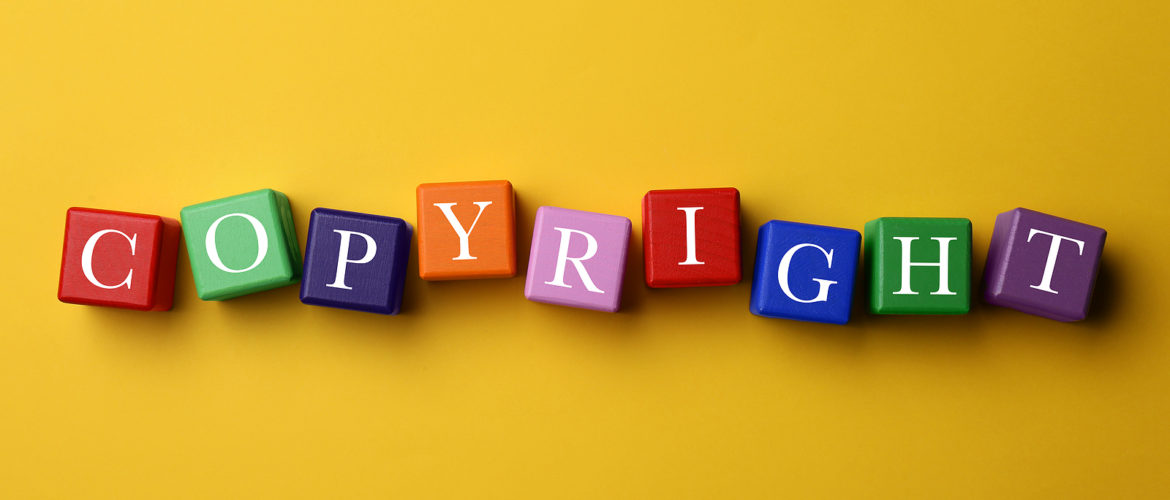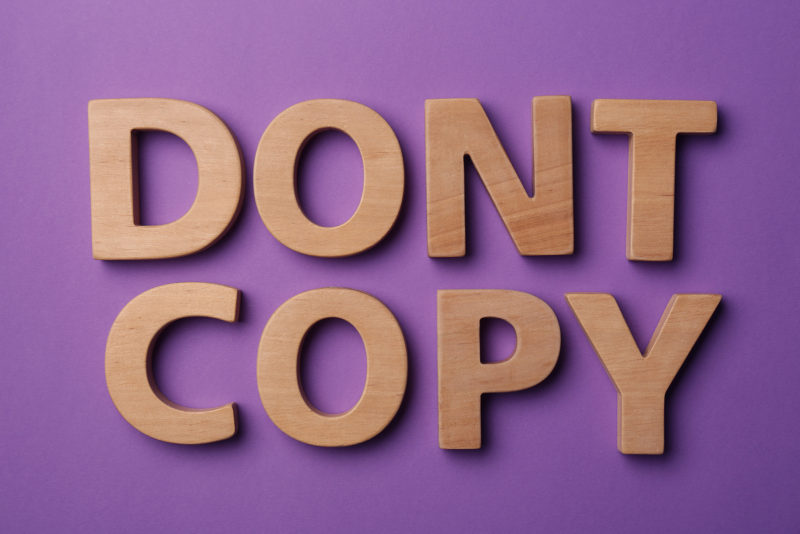A Quick Guide to Copyright Infringement for Artists

Another day, another scandal. The Austin-based collage artist Deborah Roberts sued another artist of the same genre Lynthia Edwards and the Richard Beavers Gallery for copyright infringement. The latter is based in Birmingham, Alabama, where she lives and exhibits her works at the gallery. According to Roberts, Edwards copied her style and created a similar series of collages, which would confuse potential buyers.
The case hasn’t yet been resolved, as it all went to court. The situation isn’t unique because the global issues with copyright in the art world are a problem as serious as the lack of market transparency. To see why it happens and how copyright infringement works, use the following short yet informative guide.
Copyright Infringement, or How Art Gets Stolen or Misused
So, you are an artist who has just created a piece of intellectual property, be it a painting, sculpture, or print. From this moment, you gain the full rights to reproduce, distribute, display, and sell an original item. However, this right exists in the air, meaning that it is not officially registered. If you want to protect your rights and your artwork from infringers, you will need to register your copyright via an official office in your country. Take notice that it costs money and doesn’t make you fully invulnerable, but it does help artists in court. Let’s see what happens when you, as a creator, find your own design shared by someone else on the internet or, even worse, as part of someone’s product without permission.
Copyright infringement has many faces, from downloading the picture on the internet to stolen artworks used by con artists. That’s when you might want to establish a case against law breakers where you must be able to show that an infringer had access to your work and prove that it is not a coincidence but a theft. As a rule, the whole process takes time and money, so it is recommended that artists first turn to an attorney to discuss the case before diving into a lawsuit. If you are lucky enough, you will win in court, and your copyright registration will make the perpetrators pay the price.
Meanwhile, there are easier ways to deal with copyright infringement. The thing is that some people don’t even know that they actually do something wrong unless you remind them. A person can stop using your works if you contact them directly. However, if they don’t, your attorney may help them see the problem officially. Overall, there are a lot of things going on when you accuse someone of infringement, but that should be looked at on a case-by-case basis due to the complexity of the legal procedure.

